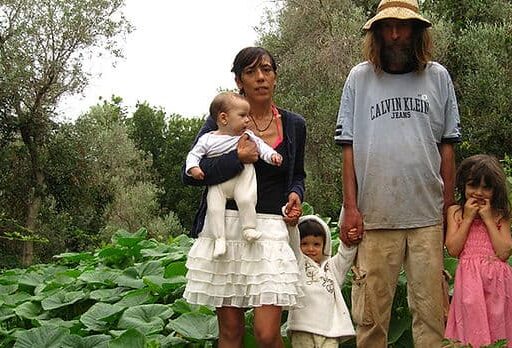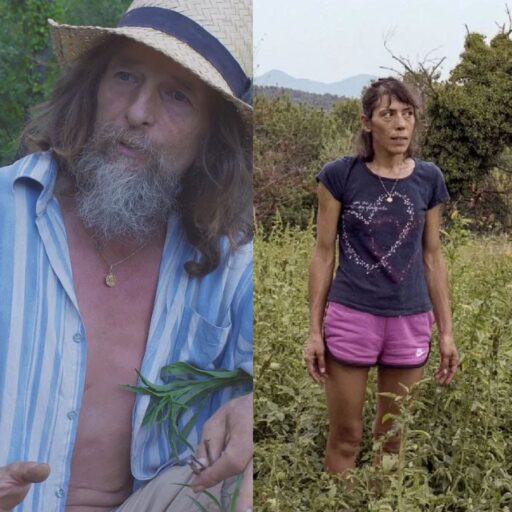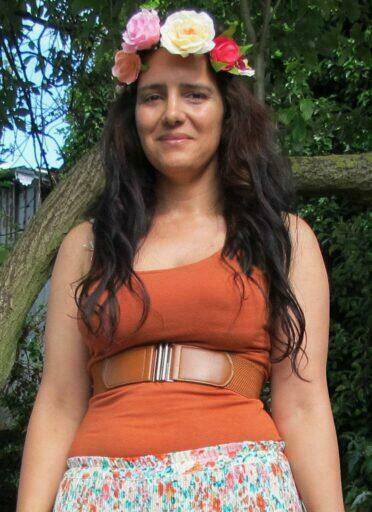Pascal and Rachel Poot have been growing around 10 hectares of vegetable seeds together for over 30 years in Olmet and Villecun in the Hérault region. The Poot couple protect hundreds of varieties produced organically, with nutritional and taste qualities superior to the majority of vegetables produced in France.
Why do they do this? Because the Poot family leave the plants to fend for themselves.
Resistant to disease, temperature changes, drought or humidity, their plants last over time and know how to defend themselves. As a result, they can adapt to different environments and climates around the world, boost productivity and produce 10 to 20 times more vitamins, antioxidants and polyphenols (essential for cancer prevention) than modern or hybrid varieties… Analyses have shown that Poot seeds from the health garden are more optimal than most commercial seeds.
By observing nature, forests and weeds, they realised that plants could be very resilient, with no treatment and little water. So they set about experimenting and testing plants, in order to push back their limits, in other words to enable plants to develop their full potential.
The Poot couple can sacrifice a large part of their harvest in the event of drought or disease, and focus only on plants that have survived the most difficult conditions, betting on the resistance inherited from the seeds. Because, as the saying goes, what doesn’t kill you makes you stronger. It also applies to plants. Throughout their lives, plants memorise and accumulate data in order to adapt to all climatic and environmental conditions and strengthen their immune systems. The Poot leaves plants to ‘fend for themselves’, because treating them too often causes them to lose their autonomy and their will to fight.
I’ve noticed that when they’re watered regularly, their roots remain superficial at the surface. But if they had to look for water on their own, they would develop and spread their roots deeper and become stronger. “We give them water as soon as they need it, we treat them when they’re sick, so there’s no reason for them to develop resistance,” says Pascal.
So they stopped caring for them and assisting them. They let them develop their own resistance. “I make sure that the plants learn throughout their lives and pass on their knowledge to future generations… If they get sick but don’t die and give seeds in the end, future generations will have learned to resist a disease that is so dangerous that it can’t be treated.





